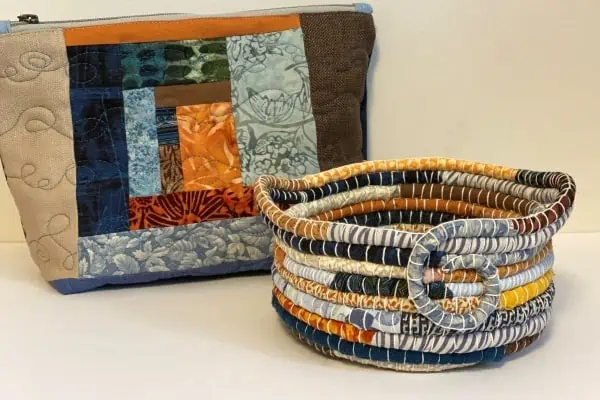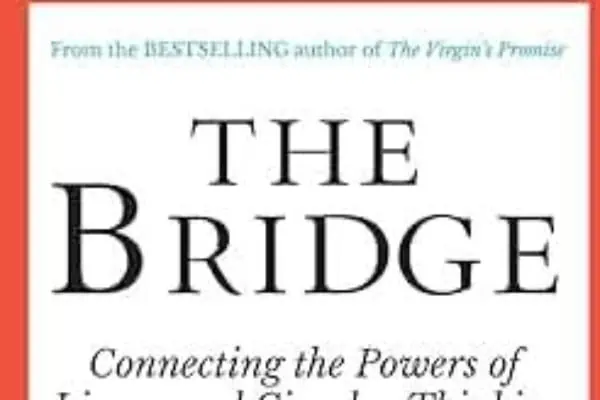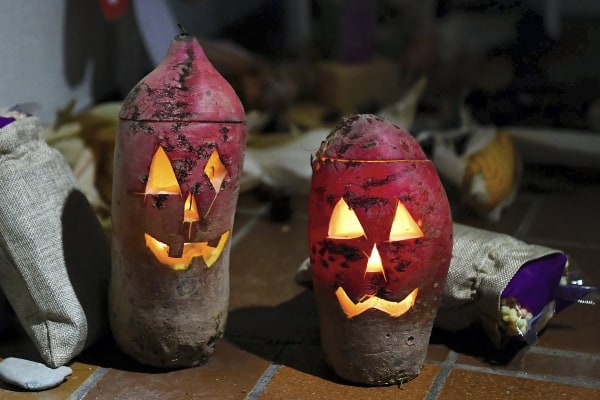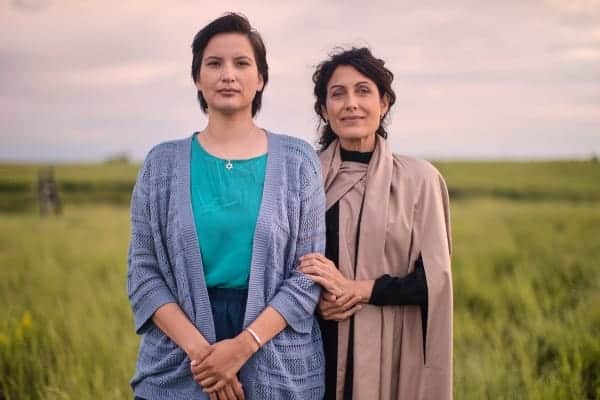Harlan Pruden and Marney Paradis are PhD program at UBC. Pruden gave a talk to a group of
peers – including Marney – after class once.
As Pruden describe it, upon hearing the presentation, Paradis’s mind was blown.
Two-Spirit People, Then and Now: Sex, Gender and Sexuality in Historical and Contemporary Native America is the name of the talk.
In this age, a two-spirit is an aboriginal who identifies as a lesbian, gay, bi-sexual, trans, or any identity beyond male and female. But two-spirit isn’t a gender identity, “it’s an organizing strategy,” says Pruden—being two-spirit gives First Nations a specific role, which varies from nation to nation.
“People think they have to choose between being gay or Indian,” says Pruden.
But they don’t have to choose: “Here’s this word that links you right back to your people.”
Pruden is Cree . He was born in Mayo, Yukon. When he was five his house burned down and he moved with his mother to her people’s territory, Beaver Lake, in northeast Alberta.
Before colonization there were more than two genders within Cree society. A person’s gender defined their role. Men hunted, women gathered, two-spirits flitted between the two groups and provided balance and harmony. They were matchmakers and marriage counsellors. They were people who saw both perspectives.
That’s some of what is known about the two-spirit role within the Cree nation. Pruden collects information from different nations by reading ethnographic accounts, and confirming his findings as much as he can with those who speak a nation’s original language. His findings make up a database which currently contains 130 different terms for two-spirit. Some of the terms translate to: “half-man, half-woman”, “those who don’t fight”, “those who follow the moon”, or “peacekeepers”.
Two-spirit didn’t seem to be related to gay, lesbian, or bi-sexual. “It’s more about roles within society that other genders can’t offer, and it becomes a nation-specific definition,” says Pruden.
Pruden has found that contact with Europeans, colonization and the imposition of a European worldview through residential schools and religion pushed First Nation practices underground. “Ceremonies were illegal. It was illegal to hold sweats, to practice religion,” says Pruden.
A European worldview was imposed upon First Nations, and this included binary gender definitions. In his database work, Pruden is calling forth old knowledge to “mindfully and gently work traditional knowledge” back to people’s understanding of themselves as a culture.
The intent is to return medicine and gifts back to two-spirits, so they can have a role within their communities.
Back to Marney Paradis, whose mind Pruden blew with his talk in Vancouver. Along with being a PhD candidate, she is the director of the Skookum Jim Friendship Centre in Whitehorse. She said the talk was mindblowing because she had never heard about historical context of two-spirit people, or the roles they played culturally.
She invited Pruden to Whitehorse to give the talk.
Why?
For “the rapid demise of heteronormativity and imperialist attitudes surrounding gender binaries, if we’re lucky,” is how she responded, via email.
She went on to say that on a smaller scale, she hopes the talk will strike a chord with some two-spirit youth in the audience, “who walk away with a sense of peace and the understanding that they are not alone in this journey.”
Pruden will give his talk on Tuesday, August 30 at the Kwanlin Dün Cultural Centre from 6 to 8 pm.
People have told him they thought that in going to the talk, they’d be getting “gay training. After the talk, they realize what they were getting was Indian training.”
Everyone is welcome, he says. The conversation enables all First Nations, and non, to realize that there are multiple ways to see the world.




